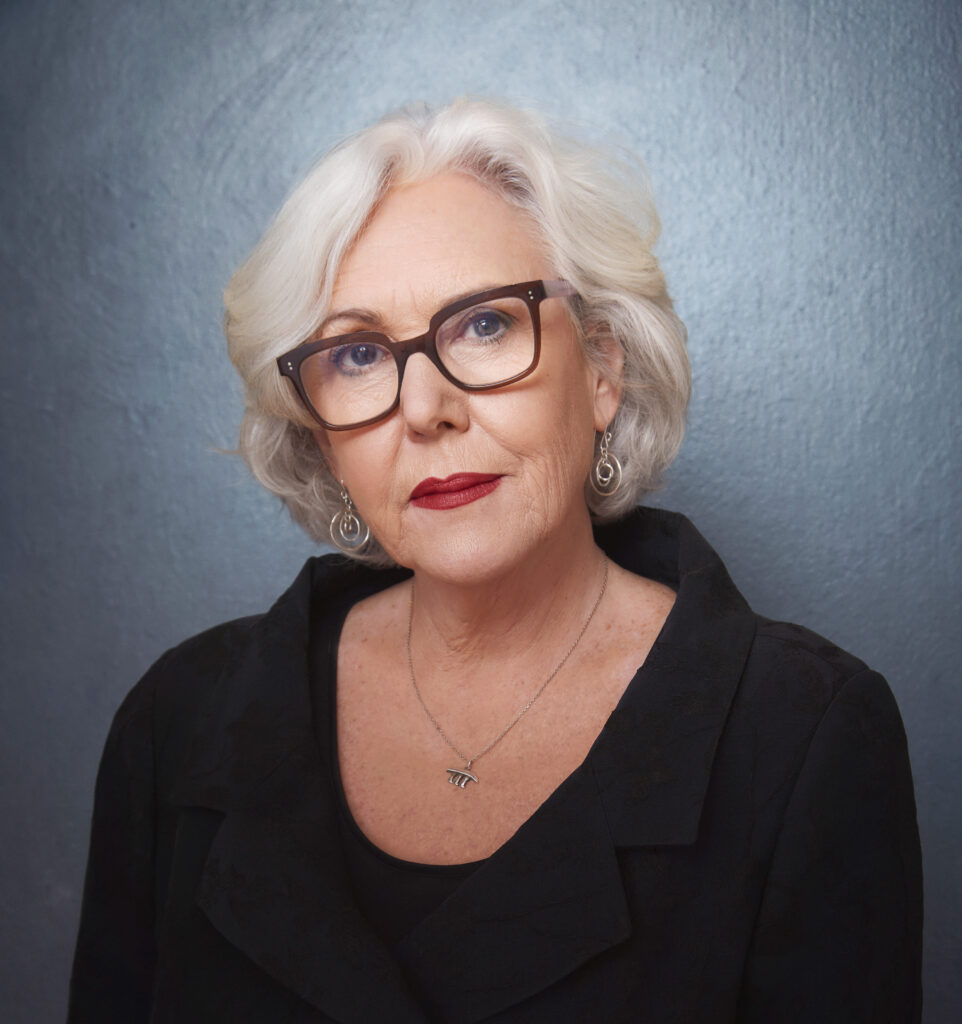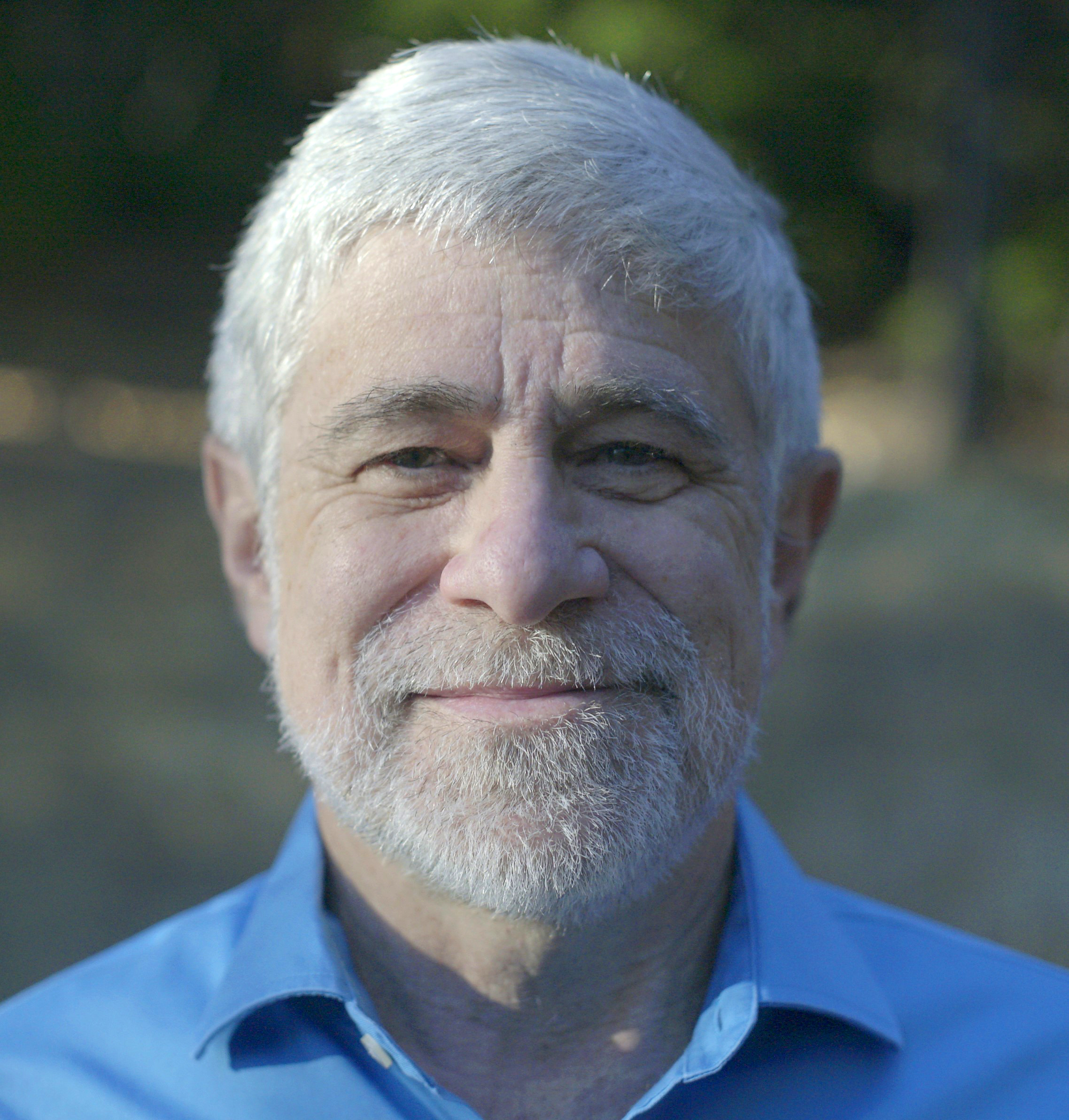Corporate America’s Big Lie: What’s Good for Us Is Good for the Country

There are a number of narratives that exist about corporations. One is that they are essential for accumulating and deploying capital and workers in ways that increase productivity, efficiency and, therefore, the wealth of our country. An alternative view is that corporate power has despoiled the environment, exploited workers and overpowered our political system. In their book Corporate Bullsh*t, authors Nick Hanauer, Joan Walsh and Donald Cohen explore the outright lies and half-truths that corporations have deployed to convince Americans that what’s good for corporate America is also good for the country.
Through case studies and hundreds of quotes from corporate executives and their apologists, the authors demonstrate the lengths to which corporations have gone to shape how the public views economics, public policy, labor unions and the future of our environment. In one case study on civil rights, they remind us of how discrimination against Black Americans was justified by arguments that the “free market” would end discriminatory practices more effectively than “government meddling.” “I will have nothing to do with a law that will destroy our free enterprise system,” Alabama Gov. George Wallace said in 1964 after the passage of the Civil Rights Act.
Hanauer, Walsh and Cohen show how corporations and their allies used the “crying wolf” strategy to claim that raising the minimum wage would harm the poor, that Social Security was a slippery slope towards socialism, and that the government has gone “too far” in regulating carbon emissions. “Let’s face it; the science of climate change is too uncertain to mandate a plan of action that could plunge economies into turmoil,” an Exxon executive declared in a 1997 ad in the New York Times.
The authors don’t offer a comprehensive plan for combating corporate propaganda, but they do have some common sense advice: Expose those who fund right-wing messaging, push back in whatever way we can, and urge progressives to shape and deliver our own compelling stories.
Walsh, a national affairs correspondent for The Nation magazine, spoke to Capital & Main from her home in New York. Cohen, founder and executive director of the policy center In the Public Interest, spoke to Capital & Main from his home in Los Angeles.
This interview has been edited for clarity and brevity.
Capital & Main: The book explores how corporations attempt to shape the narrative about how Americans should view the economy, public policy and even morality. Talk about that.

Joan Walsh. Photo by Mindy Tucker.
Joan Walsh: Coming out of the Depression and World War II, our government, including corporate leaders, made a commitment to building a middle class that was going to keep us from the catastrophes of depression, or fascism or communism. This was a broadly shared project.
In the late 1970s and early 1980s, that was rolled back by a very interesting consortium of right-wing leaders as well as corporate leaders who felt that the county had moved too far left. Feminism was going to ruin the family. Civil rights was going to ruin everything. Taxation was hurting the “job makers.” I think we had a story and then we lost the story. For the last 10 or 15 years, we’ve been scrambling to get back what the progressive narrative might be.
Donald Cohen: They have been telling the same story forever, even going back to slavery. But in the 1970s it became a united project that was much more organized which took on the form of a backlash. We go back and point out some of the arguments that were made: Child labor is good for families. Banning lead will kill jobs. What changed more recently is that corporations weaponized this playbook in a more aggressive way.
One of your case studies examines how the minimum wage gets debated every time a potential increase in it comes up. Talk about that debate.

Donald Cohen. Photo by Leighton Woodhouse.
Cohen: Every time this comes up, corporations argue that increasing the minimum wage will hurt young people, hurt the poor, destroy small businesses — and it’s complete nonsense. We have the most significant concentration of wealth and power we’ve seen in a long time, and those who are benefiting are saying that paying people more will hurt them. They have said the same thing about minimum wage since the Fair Labor Standards Act of 1938. Every time the minimum wage has increased, the world has not come to an end. Black Americans who get an increase do better, teenagers who gain an increase do better. Every legitimate study reaches that conclusion.
Walsh: I think the important impact of the opposition to raising minimum wages is to scare people from acting collectively in asking for a raise or from joining a union. They are saying implicitly that we have to depend upon the kindness of these capitalists to secure our well-being.
Those on the left have advocated numerous strategies to control or combat corporations. Nationalization has been a strategy, some form of economic democracy has been advocated, and so-called trust-busting has been used in the past and is back today. We have to break up these massive concentrations of power. What are the alternatives now?
Walsh: I’m incredibly heartened by the rise of unionism. Young people, middle-aged people and older people are joining a union or, in the case of actors, writers and auto workers and also teaching assistants, deciding that collective action is going to help them. I am a progressive Democrat, but the Democrats threw in their lot with Wall Street and to some extent they threw their lot in with the technology sector and are now trying to figure out how we regulate this. How do we keep it from stealing jobs and stealing identities and everything else? The labor movement has gotten a lot stronger, and I love seeing that.
There are periods in our history where labor struggles more or less crystalize the nature of power in society. The railway strike of 1894 culminated in a consolidation of corporate power. The UAW sit-down strikes of 1937 punctured corporate power. The destruction of the Professional Air Traffic Controllers by President Reagan in 1981 was an opening to right-wing and business attacks on labor. What will be the impact of the UAW victory, the positive UPS negotiations, the Writers Guild victory and so on?
Cohen: The larger context of all of this is that neoliberalism is a failed project. Inequality is greater than ever. Concentration of wealth is greater than ever. There’s something desperately wrong. The union struggles are where capital and labor come together and hit the ground. We’re seeing some doubt about neoliberalism play out in the Biden administration. We are now having serious discussions about industrial policy. We’ve had massive infusions of public funding into rebuilding manufacturing and rebuilding our infrastructure and to greening the country.
There are debates about whether neoliberalism is dead or not but it’s definitely in trouble. We have to reframe the relationship between the market and the public in a different way. Some of this is happening now in the Federal Trade Commission and the Environmental Protection Agency, but the question is will this last ideologically.
You write about the fear of change and how this fear underlies much of what corporate America uses to justify their advocacy. There is a paralysis that comes from this, and then change gets imposed upon us rather than the public directing it.
Cohen: One of the things that is key is that corporations have convinced us — more like coerced us — into paying for things that used to be free. A classic example is the Fast Pass on the freeway so a driver can move while everyone else is stuck in traffic. And with airlines paying for a seat closer to the front of the plane or with a few extra inches of leg room. The more we pay for things the more we get used to it. When everything becomes a commodity, like health care or water, it just becomes the way we think things are.
There is a cultural aspect to the corporation as well. It seems that the cell phone has had a very destabilizing impact, particularly on young people, even affecting their personalities. This is about corporations impacting our culture, is it not?
Walsh: We looked at the Facebook revelations over the years, and Facebook owner Mark Zuckerberg would say, “We would never do anything to intentionally inflict harm, and we want to promote positive change.” And then you find out that they actually had studies showing that Facebook and Instagram had algorithms they were using to surface new messages, especially to young women, that were harming their self-esteem.
It read to us like the case study on tobacco where the tobacco companies start by saying, “There’s no problem here. Nicotine isn’t addictive,” and then you go down the road and they say, “Well, if you are still smoking, we told you it could kill you, so that’s your fault, and if you’re still letting your daughters go on social media, that’s your problem.” I think there is something very American about all the ways these stories play out in which we become the bad guys. So first it is not a problem, then it is a problem but it’s your fault.
Cohen: Corporations do one thing: They sell stuff. And they want to sell as much as possible and make as much profit as possible. They want to make sure things don’t get in their way. In terms of their social media, they use sophisticated neuro-scientific research to figure out how to hook us. It’s using sophisticated science to get us addicted to things. They want to sell advertising and they want to sell our data. This stuff is deeply embedded, and it happens to be incredibly convenient for those that want to make a lot of money.
You have a chapter on civil rights. What is the historical relationship between civil rights and the corporation?
Walsh: One of the things that was so fascinating was the way Southern segregationists used the free market to defend segregation. They said, “We want to protect the free market and since even you guys in the North do too, then you should not violate our free-market rights and tell us who we have to serve at our lunch counters.” Gov. Wallace defended everything by saying bringing civil rights to the South was the intervention of the government against the free market system. And that idea has persisted to today.
When Sen. Rand Paul ran for president, he argued that the Civil Rights Act shouldn’t apply to private businesses because the free market would have put those discriminating businesses out of business if they’d kept it up. In reality, the free-market system put the people who tried to integrate their restaurants or clothing stores out of business.
Corporations have attempted to transform their image as being accepting of all people, regardless of race, color, creed, gender or sexual orientation. Despite this cultural makeover, what’s your sense of their willingness to make a deal as they have done historically, with some form of neofascism?
Cohen: I think brand-facing corporations are having a tough time right now. How do they deal with the far right who are going after them for “woke” stuff? I’m wondering if there is a potential deal to be done with progressives. But the fact that they are not up in arms right now about what seems to be Trump’s clear fascist intentions about what he would do if he were reelected is an indication that they are willing to go along. We are no longer just imagining fascism — we can now see it objectively visualized.
Walsh: One of the Home Depot founders just decided to go with Trump. Every day you see some new Republican or corporate donor deciding to get back on board with Trump. So that is terrifying. At the same time, I think that our people get discouraged easily. People are frightened by what they’re seeing with the threats of violence and so on.
But there is also a history of how we have succeeded over time. We got lead out of gasoline. We essentially don’t have child labor although some people are trying to bring it back. I don’t think corporate diversity, equity and inclusion programs are going to save us. We knock corporations down and they get up again. But we get knocked down and we get up again too.
Cohen: Joan is right. We have to acknowledge the things we have accomplished, however messy they have been. There has been a century of passing good laws: minimum wage, Social Security, Medicare, the Clean Air Act, OSHA, the Clean Water Act, the Affordable Care Act. We’ve fought for and seen a lot of progress.
Kelly Candaele is a filmmaker, journalist and former trustee of the Los Angeles Community College District, and was a union organizer for 15 years. He has written for the Los Angeles Times, New York Times, the Nation, the Guardian and the American Prospect.
Capital & Main is an award-winning nonprofit publication that reports from California on the most pressing economic, environmental and social issues of our time. Winner of the 2016 Online Journalist of the Year prize from the Southern California Journalism Awards and a 2017 Best in the West award, Capital & Main has had stories co-published in more than 30 media outlets, from The Atlantic, Time, Reuters, The Guardian and Fast Company to The American Prospect, Grist, Slate and the Daily Beast. Working with top writers, editors and visual artists, we cover income inequality, climate change, the green economy, housing, health care, public education, immigration, race, and criminal justice. Capital & Main is a 501(c)3 tax exempt organization.
